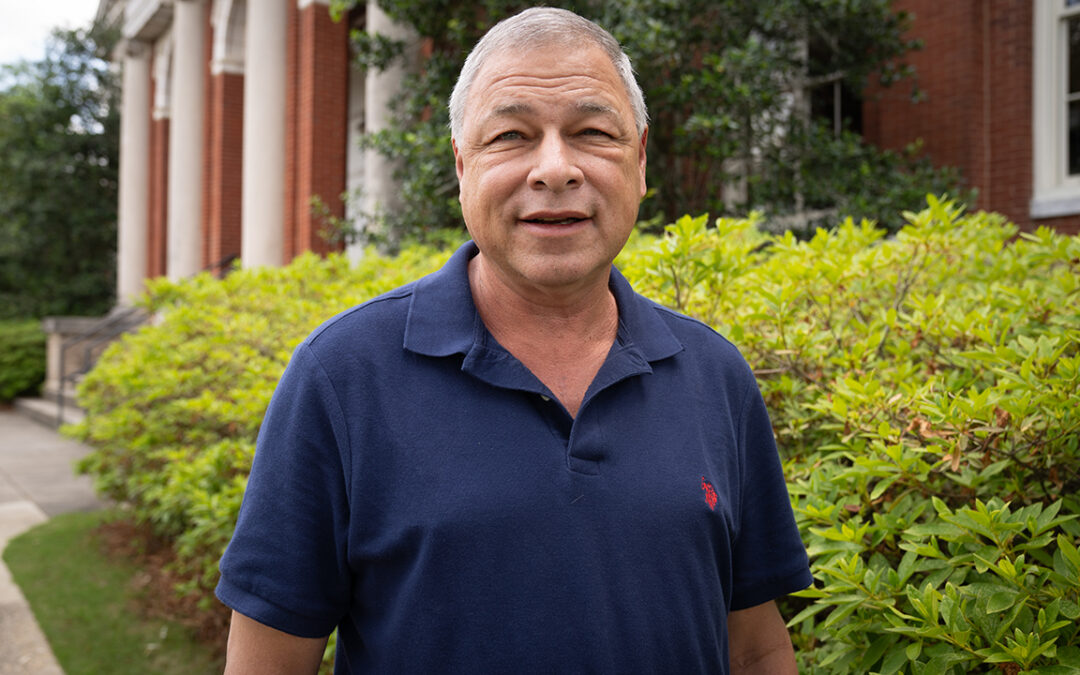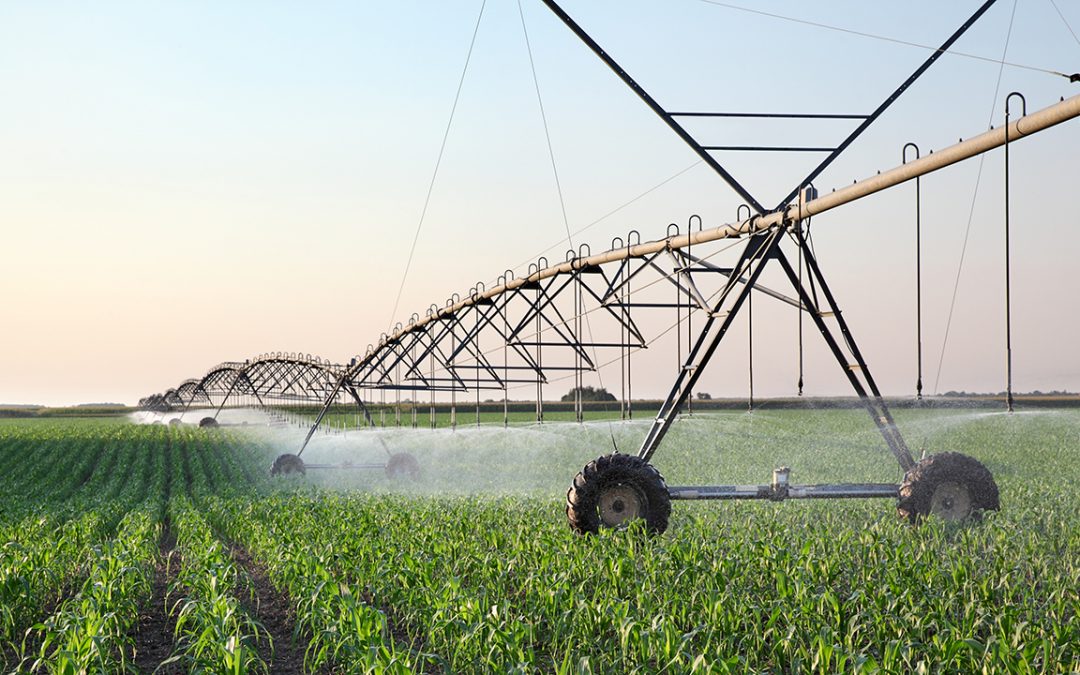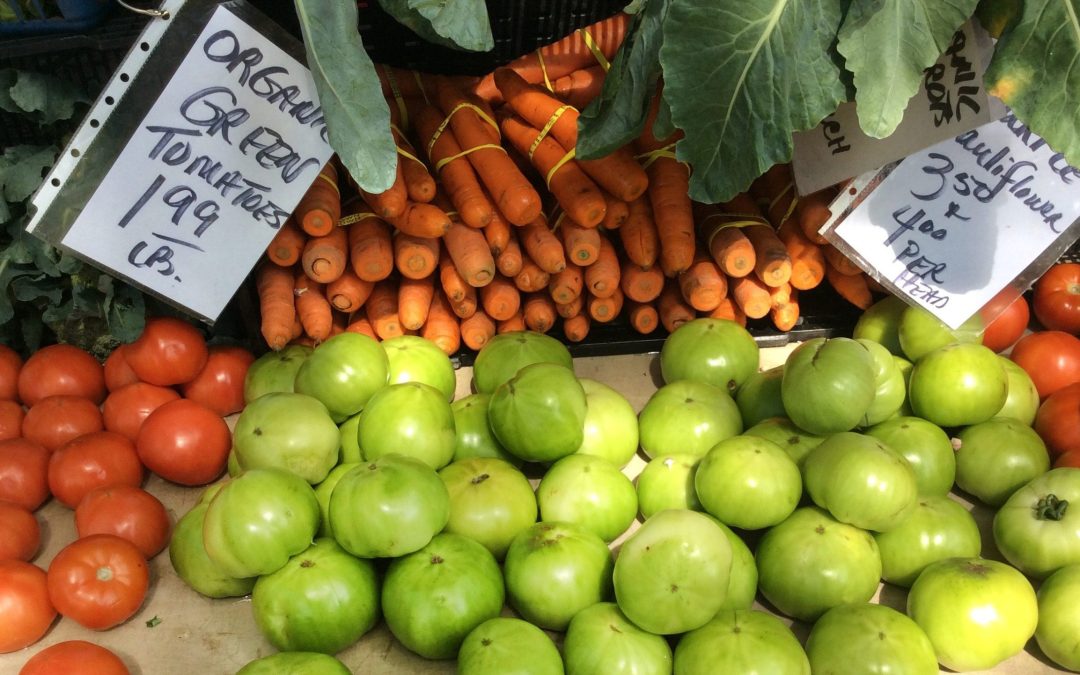One of the many consequences of the COVID-19 pandemic has been limited supplies and higher prices of U.S. beef products. It’s an outcome that could have been predicted, especially considering supply-chain issues impacting the beef industry.
Beef production in the U.S. is predominantly based on a logistical structure that requires producers from across the entire country shipping their cattle to the Midwest for finishing and processing, with only four multinational meatpacking companies controlling more than 80 percent of the meatpacking business in the country.
“COVID-19 ultimately affected all stages of production and subsequently affected Alabama producers with lower farm-gate prices and Alabama consumers with limited supply and higher retail prices,” said Adam Rabinowitz, assistant professor and extension economist in the College of Agriculture’s Department of Agricultural Economics and Rural Sociology.
As a result of the pandemic and other supply chain issues — notably the Tyson beef-packing plant fire in 2019 — the USDA-AMS investigated the market impact on cattle producers. One of the proposed solutions from this investigation is to consider small processor and cooperative opportunities.
“Additionally, there have been renewed conversations among policy makers and industry experts about the need for a more flexible supply chain that includes expanding the geographic capacity of beef cattle processing to insure the national food supply,” Rabinowitz said.
To address this emerging need, Rabinowitz and a group of his colleagues proposed and are conducting a multi-faceted feasibility, marketing and economic impact study of new beef cattle processing in Alabama.
“The ultimate goal of this project will be to provide stakeholders, including potential investors and policy makers, with the information necessary to make informed decisions about economic development opportunities in beef cattle processing in Alabama,” he said.
Funding for the study is provided by the Alabama Cattlemen’s Association. Assisting Rabinowitz on the project team are Wendiam Sawadgo, assistant professor and extension economist; Max Runge, extension professor; Ken Kelley, regional extension agent; and Dennis Brothers, associate extension professor.
The objectives of the study are four-fold:
- To conduct economic research of the Alabama beef cattle industry, local supply chain, and related industries
- To identify future opportunities for production and marketing of Alabama grown and processed beef products
- To evaluate the financial feasibility of developing additional processing plant capacity for Alabama beef cattle
- To estimate the economic impact of increased beef cattle processing to the State of Alabama, local communities, and Alabama cattlemen.
The project team’s assessment, Rabinowitz said, will include a discussion of regulatory issues such as licensing, worker health and safety, food safety, labeling and the inspection of varying sizes of beef cattle producers.
“With different end-products as potential marketing opportunities, we will identify current and future marketing opportunities for Alabama grown and processed beef products,” he said.
These four objectives, Rabinowitz said, will provide stakeholders with the necessary information to make informed policy and economic development decisions with regards to the investment in expanded beef cattle processing in Alabama.
“We currently are consulting with state and federal agencies, the Alabama Cattlemen’s Association and other stakeholders to obtain information on existing beef cattle processing facilities in Alabama,” he said. “A brief survey will then be developed to understand the characteristics of existing beef cattle processing facilities, state of equipment and processing capacity.”
The survey, Rabinowitz said, will be distributed to existing facilities in Alabama with appropriate follow-up as necessary to secure adequate response.
In addition, a technical analysis will identify regulatory issues facing the beef processing industry.
“Using existing secondary data sources and current literature, we will examine the distribution and marketing opportunities for different end products resulting from beef cattle processing based on national trends,” he said. “These will include both cull and finished beef processing facilities providing various cuts and serving different end-user destinations.”
Researchers also will develop a consumer survey to evaluate preferences and willingness-to-pay for Alabama grown and processed beef and evaluate the financial feasibility of new or expanded processing plants.
“Using an input-output model, we will estimate the economic impact of new and expanded beef cattle processing,” Rabinowitz said. “This will be computed as an impact to the state of Alabama, to selected local communities throughout the state, and with respect to farm income and profitability to Alabama cattlemen.”
The project is moving on an accelerated timeline, and team members expect to provide findings later this year.





